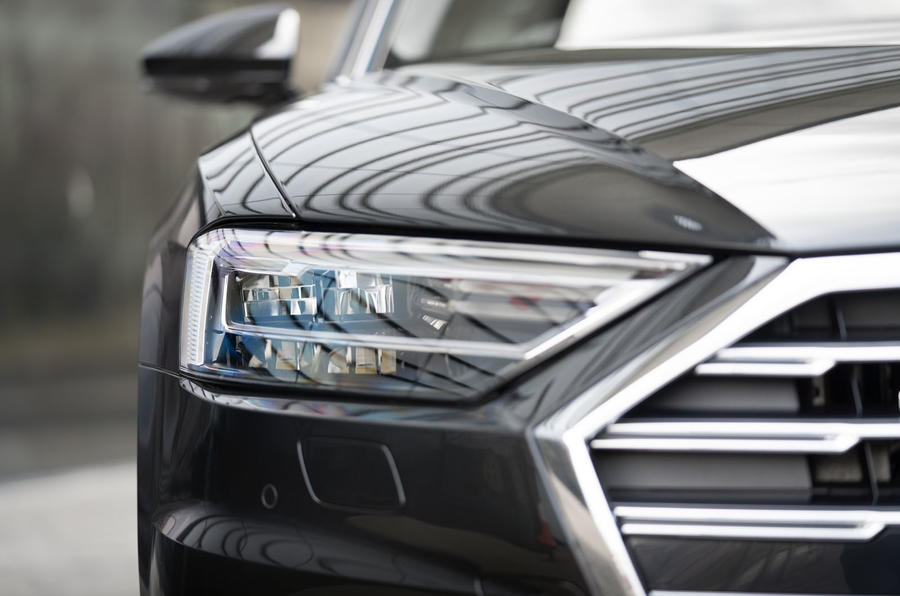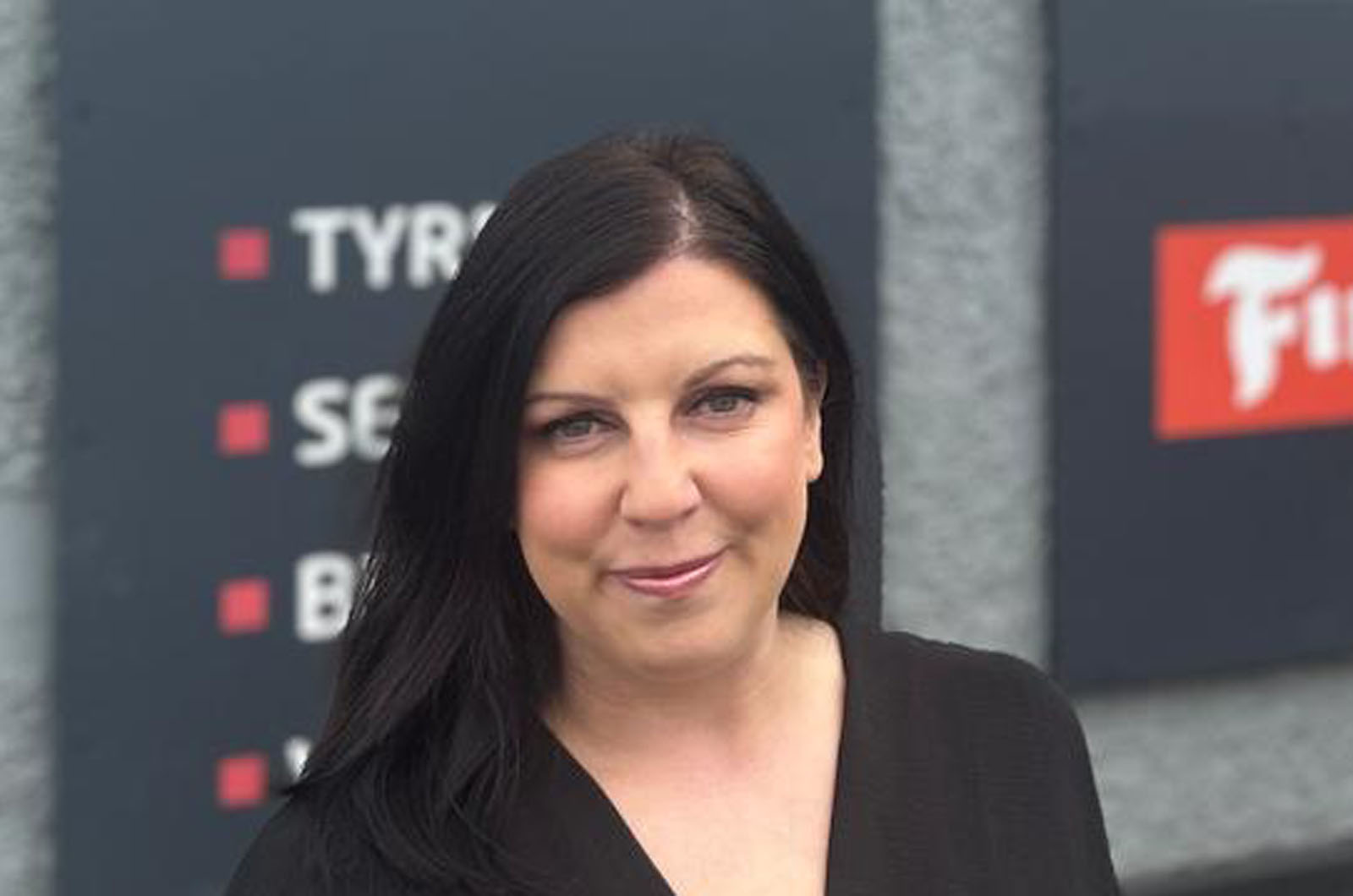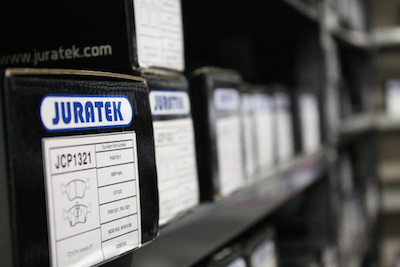
A car that has a problem with its brakes has just arrived in your workshop. After a few hours stripping it down you identify a damaged component. So off you go to your local motor parts supplier to get a replacement. You explain to the chap on the counter what you’re after and fortunately they have one in stock. Returning to your workshop in good spirits you attempt to fit the new part only to discover it’s slightly different to the original. You return to the parts supplier, disgruntled and demand the correct part. You may think that this sounds familiar, but the year is 1905 and things were a little different back then.
After explaining the problem, the parts-man gets another part from his stock. However, this item is not just different to the original, but different to the first replacement as well. With no other option available, you are forced to grind, file and machine the replacement until it will fit. You then discover another problem and another broken component. And so the sequence replays.
This may all sound ridiculous, but this was the way of the world until an American engineer called Henry Leland came along. It may seem an obvious necessity now, but until Leland came up with the idea of parts interchangability all components on all cars were ever so slightly different. Early automobiles were built and crafted by skilled engineers, rather than being manufactured en masse. During construction each component would be minutely fettled and modified to give a perfect fit. Subsequently this made each car unique and the components could not be shared between them. Therefore replacement parts would never be exactly the same as the part that was removed.
During his time as a machinist at a federal arsenal prior to the American civil war, Leland learnt the importance of fine tolerances and precision. And it was this knowledge that he brought to the then fledgling motor industry. Previously nobody had given any real thought to the consequences of working with such varying and unmanaged tolerances, but Leland knew that precision engineering was the only way forward.
He demonstrated his mandate during his time at Cadillac and in 1908 by winning the much acclaimed Dewar trophy for advances in automotive engineering. A team of technicians completely disassembled three identical Cadillacs, jumbled up all their parts, and then successfully reassembled them, without having to make any alterations to any of the components. This was dramatic proof of Leland’s philosophy of interchangeable parts. The achievement demonstrated to the automotive world that precision machining parts in bulk was undoubtedly the future.
Most importantly however, the result of Leland’s work meant that independent garages and workshops were able to repair and service cars using standardised parts. Every time a new design of component was made, its exact dimensions and properties were recorded to allow reproductions to be manufactured to an identical design.  And the rest, as they say, is history.
Of course the funny thing is that with more and more options and variations on modern vehicles, the range of different versions of the same part is on the increase. Some may say that modern complications are wiping out all of Leland’s good work and that the progress is being lost. However I believe that this just makes it more important than ever that the aftermarket keep up with ongoing developments. Despite this, we should all be thankful that Henry Leland had the foresight and vision for what has become the mainstay for keeping cars on the road. If it weren’t for him, we’d still be visiting the blacksmith to get a couple thousands of an inch filed off a gearwheel to make it fit properly.
By Chris Small, Automotive Parts Specialist










Go to comments